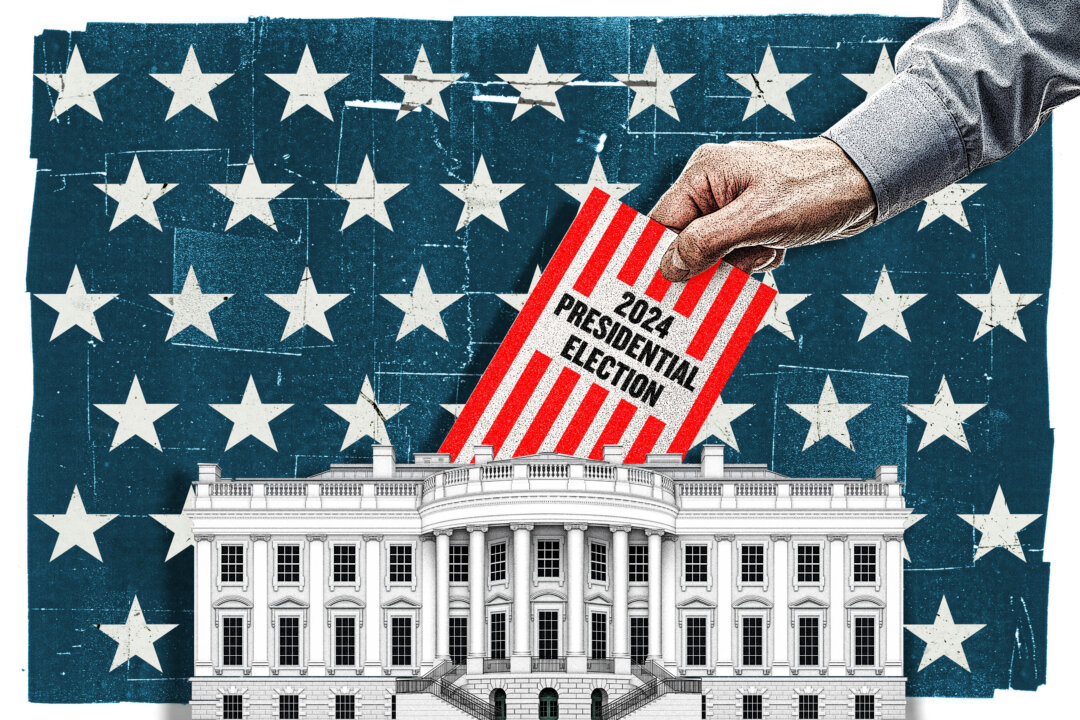In 2022, four states—Alabama, Ohio, Indiana, and Georgia—passed constitutional carry or permitless carry laws, becoming the 22nd, 23rd, 24th, and 25th states to fully embrace the Second Amendment of the U.S. Constitution.
Florida joined the constitutional carry movement on April 3, making it the 26th state to pass such a law, effectively taking America over the halfway mark in becoming majority constitutional or permitless carry. The law took effect on July 1.
On April 25, Nebraska became the 27th constitutional carry state, bringing the total number of states that have passed laws allowing for constitutional carry or permitless carry to over half of the U.S. states.
The terms constitutional carry and permitless carry are often thought of as interchangeable, but there are subtle differences. As the United States Concealed Carry Association explains, constitutional carry means the state’s laws do not prohibit its citizens who qualify to possess a firearm legally from carrying one either openly or concealed, eliminating the need, time, and expense of applying for and obtaining a permit.
While gun merchants are required to provide the U.S. government with data on who purchases a firearm, going constitutional carry eliminates the requirement for a permit to carry that weapon, therefore eliminating the need to supply the United States government with data on which of those gun owners may be carrying their concealed handguns in public places.
Most states set the age requirement for concealed carry without a permit at 18 or 21. In states like Georgia and Oklahoma, civilians must be 21 years old to conceal carry without a permit. In April, North Dakota Gov. Doug Burgum signed HB 1339 into law, allowing non-residents to concealed carry in the Peace Garden State.
Permitless carry includes constitutional carry states, as well as states like Tennessee that require individuals to meet specific qualifications, such as no DUIs in the last decade. However, the rules vary by state.
In the 1800s, constitutional carry was the law of the land in all 13 of the first states in the newly formed United States of America. By the 20th century, 49 of America’s 50 states had enacted bans on concealed carry rights, with Vermont being the lone holdout.
According to the Supreme Court, most states passed their Constitutional or permitless carry laws starting in 2015, with a spike coming during the COVID-19 pandemic in 2021 and 2022.
In Pennsylvania, legislators passed Constitutional Carry in the State House on Nov. 17, 2021. The State Senate passed SB 565 on Nov. 22, 2021, and handed it over to Democrat Gov. Tom Wolf, who vetoed the measure on Dec. 2, 2021. With a new Democrat governor, Josh Shapiro, and a newly minted Democrat-controlled House pushing no less than four gun control bills, it is unlikely that the Keystone State will see constitutional carry passed any time soon.
Conversely, while Louisiana’s Democratic Gov. John Bel Edwards vetoed a constitutional carry bill, SB 118, in June of 2021, many predict that Louisiana will join the Constitutional Carry club in 2024 under the leadership of pro-Second Amendment Republican Gov. Jeff Landry.




